Talk Overview
In her first talk, Dr. Hadly explains how a growing human population has led to a striking loss of biodiversity worldwide. Today, 51% of land area has been converted to human use and the small areas of land that are protected are becoming increasingly isolated. These shrinking “islands” of protected land support fewer species. Isolated small populations show increased inbreeding and reduced genetic diversity making them more vulnerable to collapse. Climate change is exacerbating this loss of biodiversity by forcing animals to migrate and introducing them to novel species and diseases. Hadly illustrates her talk with stories of both populations under threat as well as those that have successfully rebounded.
Tigers are typically portrayed as powerful predators that dominate their environments, however, their numbers have been dramatically declining for years. Historically, tigers ranged throughout most of Southeast Asia. As the number of humans has grown, tigers have been forced into small, distantly separated populations, or subspecies, reducing genetic diversity within each group. In her second talk, Hadly explains models developed in her lab to study the impact of interbreeding between these separate populations. They showed that increasing gene flow between subspecies, via artificial insemination or assisted migration, would greatly increase genetic diversity and improve the likelihood that tigers will survive.
Speaker Bio
Elizabeth Hadly
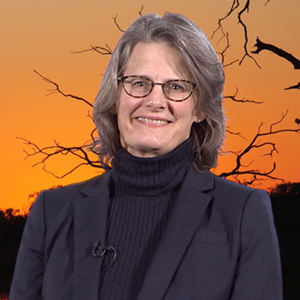
Elizabeth Hadly is the Paul S. and Billie Achilles Chair of Environmental Science and a professor of biology at Stanford University. She is a Senior Fellow in the Stanford Woods Institute for the Environment, and, in September 2016, Hadly will become the Faculty Director for the Stanford Jasper Ridge Biological Preserve. Hadly’s lab studies the… Continue Reading
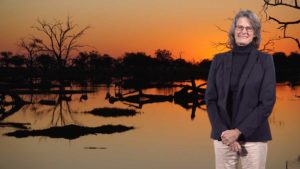
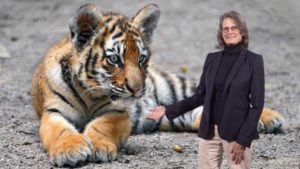
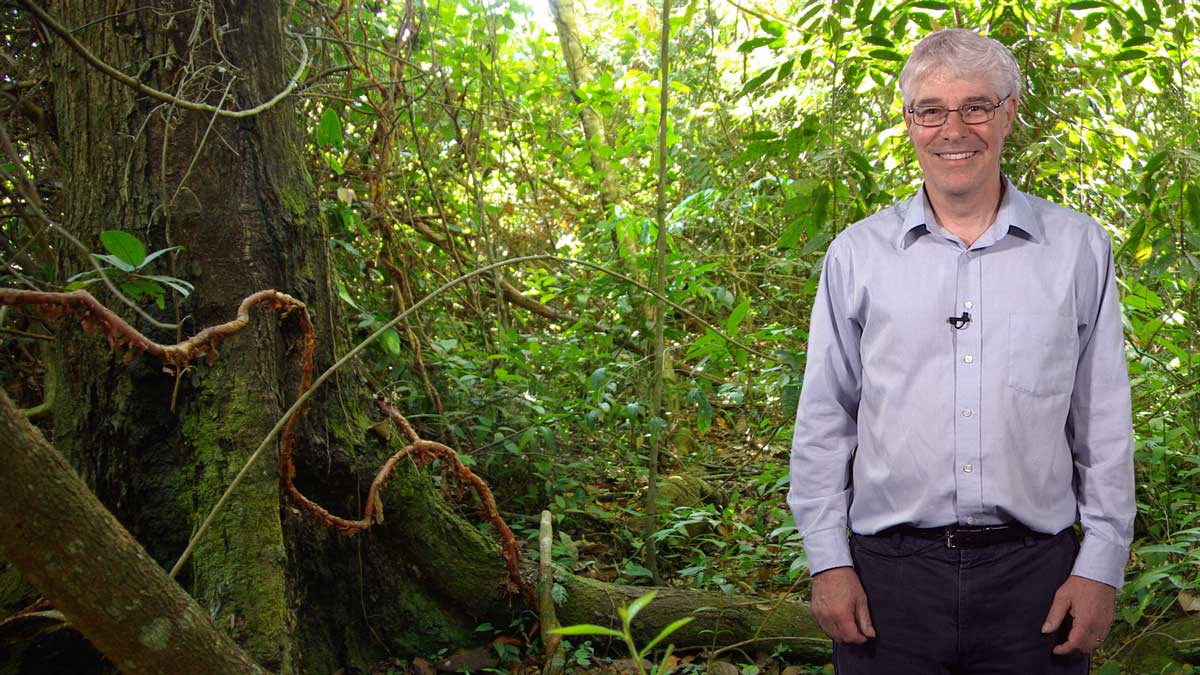
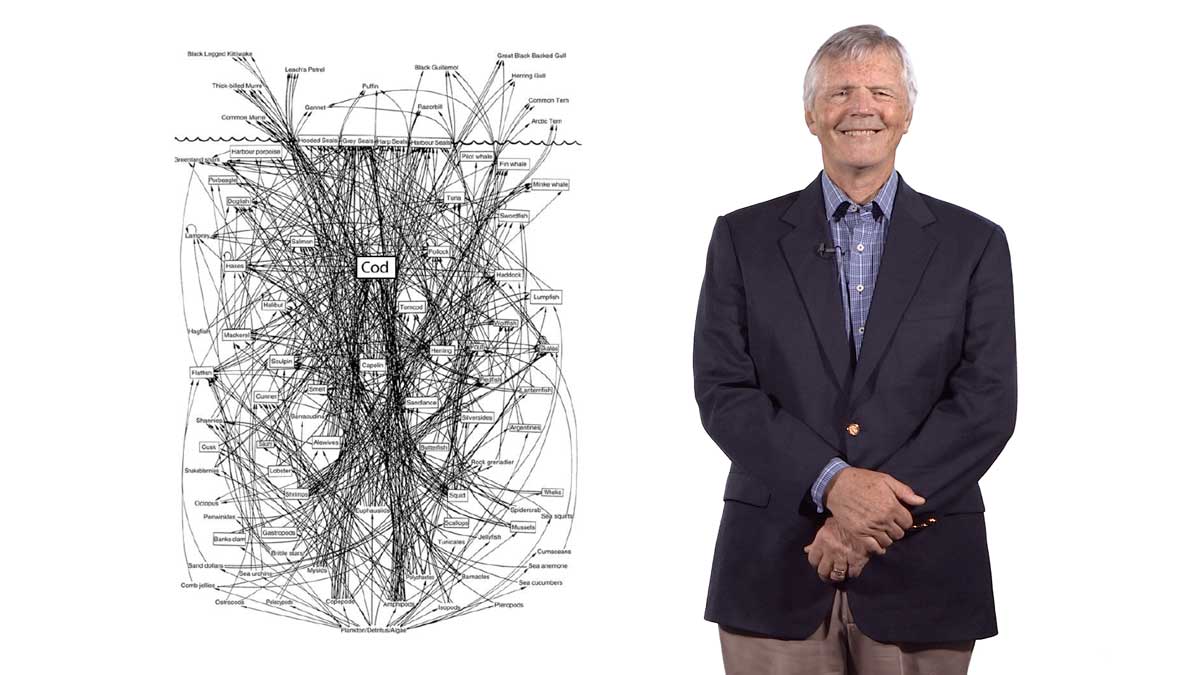
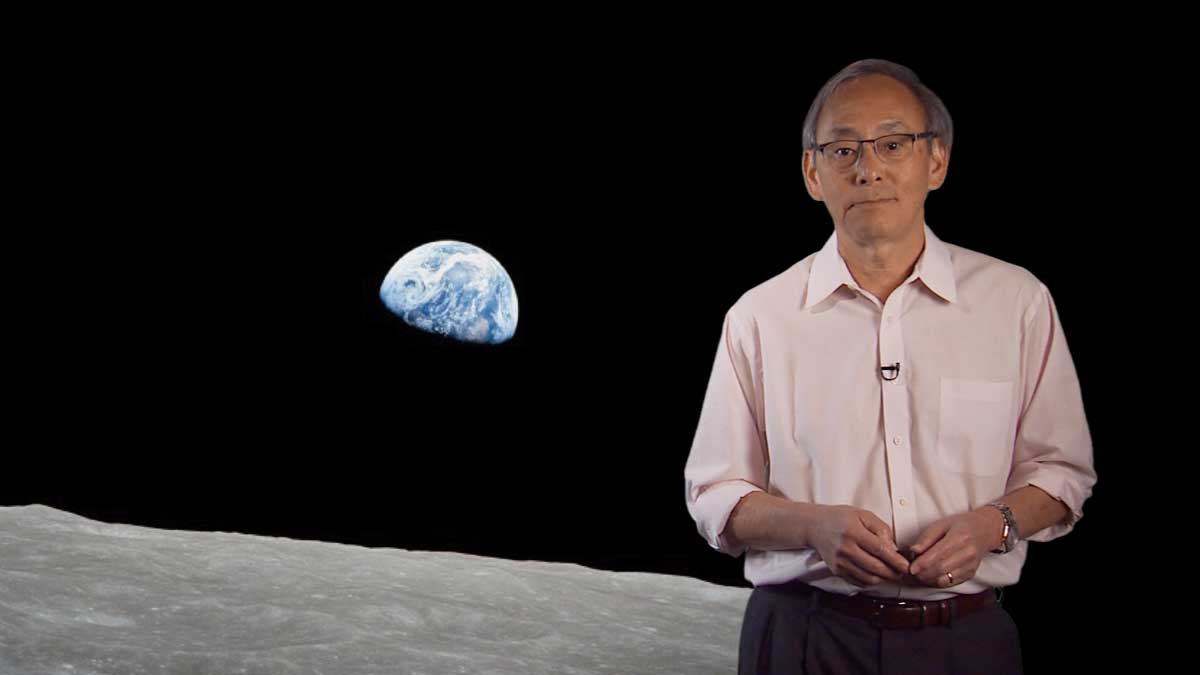
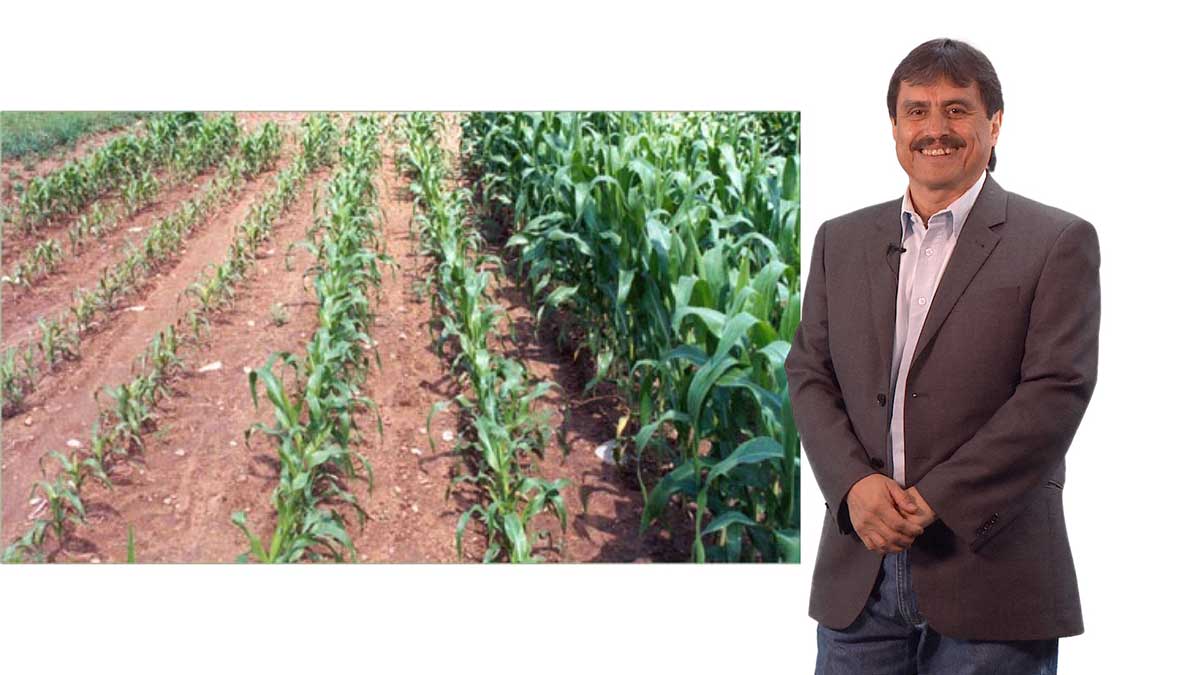





Mckale Cabral says
Biodiversity is an important thing to know especially in Memphis because there’s not much of it. The city is full of buildings and torn up houses and street corners. There’s not much natural wildlife considering Memphis is a well populated place which can be negative because the decrease in biodiversity will effect us in the long run. With animals and there habitats more spread around and populated they would help the people of Memphis as well. They help provide reliable resources and help take care of environment.